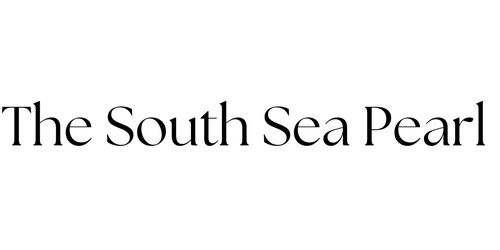июнь 20, 2021
THE SOUTH SEA PEARL

South Sea” is an informal term for the geographic area where the white, silver and gold-lipped pearl oyster, known as Pinctada maxima in the scientific community, lives in the Pacific and Indian Oceans, between Myanmar and northern Australia, including Indonesia and the Philippines.
Most references to “South Sea pearls” should read, in fact, “South Sea cultured pearls” because most of those that corculate in the market as, in fact, cultured. However, both historically and in modern days, there are rare natural South Sea pearls with sizes verying from seed size under 2-3 mm (often encountered in multiple quantities in the abductor muscle) to larger sizes, up to 16 mm or even more. Sizeable pearls in historical artefacts have a good chance of having come from the Pinctada maxima, a mollusc that has also been a major source of mother-of-pearl especially after the 1800s. Identification of a natural pearl is often complex require real-time X-ray microradiography (RTX), X-ray computerised tomography (µ-CT) and DNA fingerprinting.
Most references to “South Sea pearls” should read, in fact, “South Sea cultured pearls” because most of those that corculate in the market as, in fact, cultured. However, both historically and in modern days, there are rare natural South Sea pearls with sizes verying from seed size under 2-3 mm (often encountered in multiple quantities in the abductor muscle) to larger sizes, up to 16 mm or even more. Sizeable pearls in historical artefacts have a good chance of having come from the Pinctada maxima, a mollusc that has also been a major source of mother-of-pearl especially after the 1800s. Identification of a natural pearl is often complex require real-time X-ray microradiography (RTX), X-ray computerised tomography (µ-CT) and DNA fingerprinting.

Leave a comment